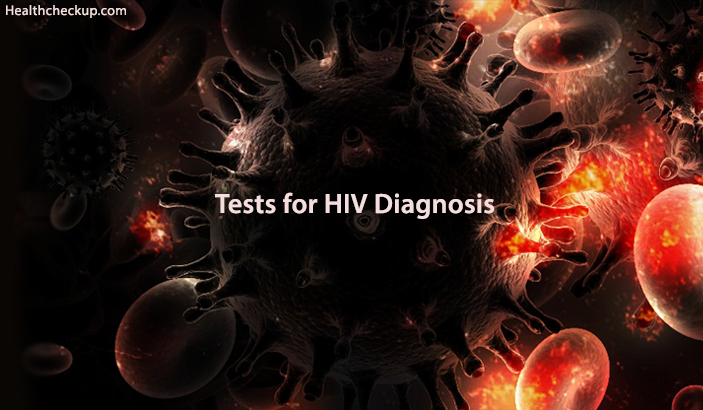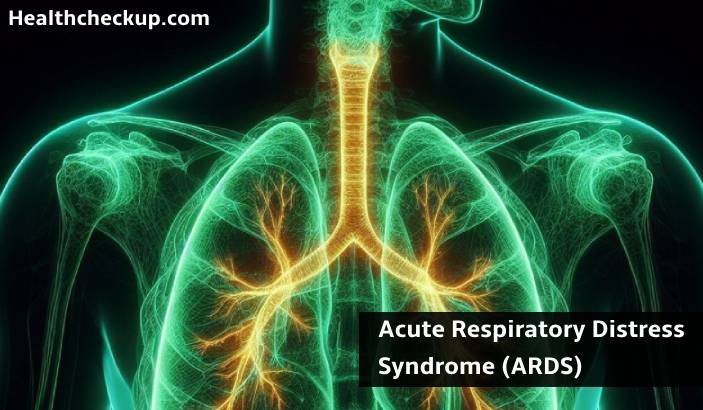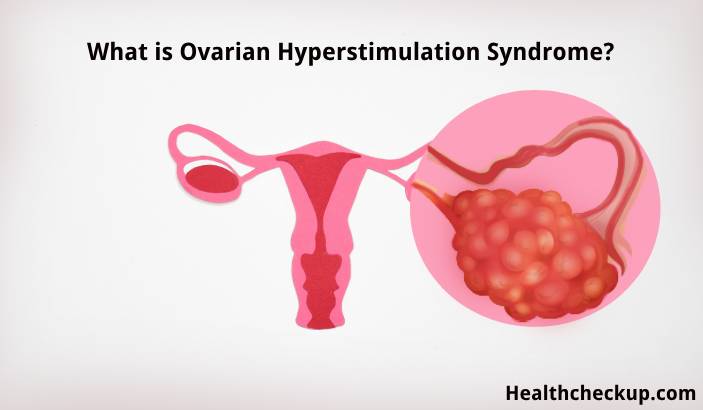Tests for HIV diagnosis look for the presence of the virus itself, or the antibodies produced to fight the virus. The difference between HIV and STD is minimal. HIV is a type of Sexually Transmitted Disease. It affects your body’s primary form of defence which is white blood cells.
HIV targets CD4+ cells that are vital for immune resistance. When the number of CD4+ cells in your body becomes too low, the body cannot effectively combat illness or bacteria.
What is HIV?
The initials HIV mean Human Immunodeficiency Virus. There are a number of tests for HIV diagnosis available at different healthcare outlets. The HIV virus is spread through bodily fluids from an infected person.
What Causes HIV?
The primary cause of HIV is having unprotected sex with a person who has the virus already. Body fluids from the HIV-infected partner infect the other partner. This includes oral, anal or vaginal sex. The virus is also transmitted through sex toys.
The second method of HIV transmission is through wounds and skin injuries coming into contact with blood from an infected person. Another avenue of blood transmission for HIV is drug abuse.
The third major route of HIV transmission is from mother to child. This can be through birth where the vaginal fluids and blood of an infected mother come into contact with the child. Infection can also take place post-birth. An infected mother can pass the disease on to the child while breastfeeding.
What are the Symptoms of HIV?
HIV has three notable phases, a primary stage which is shortly after infection. During the early stages of HIV, the signs and symptoms are vague. They are often misunderstood as warning signs for other common ailments. Some signs and symptoms of HIV during the early stages include:
- Some rashes appearing on the skin
- Fever and sore throat
- Joint and muscle pain
- Swelling of the lymph nodes.
As the Disease Progresses, Some Other Major Signs and Symptoms May become Noticeable. They may Include
- Extreme and unintended weight loss
- Chronic diarrhea and fatigue
- Swelling of lymph nodes lasting for weeks
- White spots appear in mouth and tongue (oral yeast infection)
How to Prepare for HIV Diagnosis Tests
The testing for Human Immunodeficiency Virus is simple. There is not much to prepare for. You only need to visit any professional healthcare facility and get tested. Factors that you can consider are;
- Scheduling an appointment
- Attending a pre testing seminar or guidance and counselling sessions
- You may have a friend or close relative accompany you
Tests for HIV Diagnosis
There are a number of different HIV test types carried out for a full and conclusive diagnosis. They vary depending on the mode they are carried out. They are Elisa test, Home tests, Viral Load tests, Saliva tests and the Western Blot test.
Ask a doctor for the best and most suitable HIV test for you. Availability of the test and the level of accuracy needed are important factors. The incubation period of the HIV virus will also be considered while settling on the type of HIV test you will have.
HIV Test Procedure
The various tests for HIV diagnosis that you may encounter during your health checkup have different procedures.
Screening Test for HIV Diagnosis
The Screening Test for HIV infection looks for antibodies. These are proteins released by your body to fight the HIV virus. If these antibodies are found in your body, then it means you are HIV positive. This test gives accurate results after the 12 th week of infection.
Separate HIV Antibody Testing
If your HIV screening test shows the presence of antibodies, it is recommended that you undergo Separate HIV Antibody Tests for HIV diagnosis. These verify previous results. They are confirmatory tests. Separate HIV Antibody tests identify if you have HIV 1 or HIV 2.
RNA Testing
RNA tests for HIV diagnosis look for the presence of the virus itself. Viruses do not have DNA. They contain RNA strand(s) as their nucleic acid templates. It is the presence of these RNA strands in a sample taken from you that confirms you have HIV. The accuracy of RNA testing is unmatched. It is the third and final of the medical tests for HIV diagnosis.
HIV Tests Results
HIV test result time varies depending on the test type taken. It can be as little as 15-20 minutes. Other tests may take up to three days.
After going for an HIV test, there are two possible outcomes. If the result is positive, it means that you have contacted the virus. You should ask a doctor for medical advice and begin taking medication immediately.
If the test results of an HIV test are negative, this means you have not yet contacted the virus. However, symptoms of the virus take a while to. There should be at least two more tests taken six months apart. This will provide full and conclusive results regarding your HIV status.
How Long Do HIV Tests Take?
Tests for HIV diagnosis are relatively short and the procedures easy. The HIV test results time for the common test for HIV is usually minutes.
Medically Reviewed By

Professionally, a trained Microbiologist and Plant operator, Eustace is an experienced health content writer who is passionate about helping people lead a healthy life.









